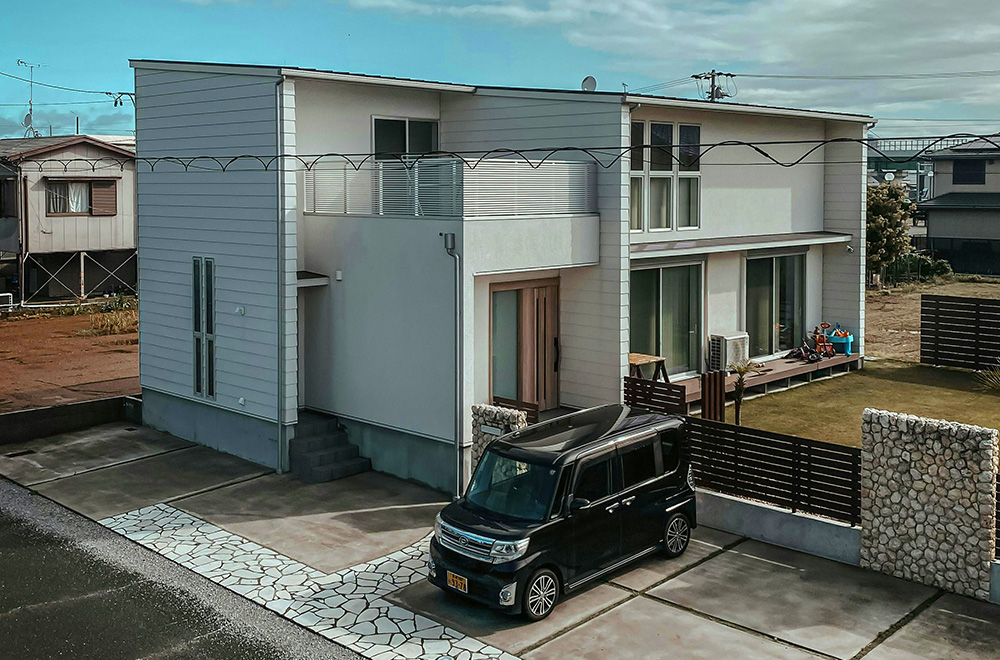
Japan’s akiya (abandoned houses) offer unique investment opportunities, particularly for those looking to rent them out to tourists or long-term tenants. With the right choice, an akiya can become a lucrative rental property, but there are key factors to consider before making your purchase. This guide outlines everything you need to know when choosing an akiya for rental purposes.
1. Location, Location, Location
The location of your akiya is the most critical factor for rental success. It determines both the type of tenants and the rental yield. Here’s what to focus on:
Proximity to Tourist Attractions: Akiya located near tourist hotspots like Kyoto, Nara, or Okinawa have the potential to attract short-term rental tenants via platforms like Airbnb. Look for homes near well-known historical sites, beaches, or ski resorts.
Access to Public Transportation: Properties that are close to train stations or bus routes are more appealing to both short-term and long-term renters. In Japan, easy access to the rail system of a major city can make or break a property’s attractiveness.
Urban vs. Rural Areas: Urban akiya, although more expensive, can provide more stable rental income due to higher demand. Rural properties may require marketing to niche groups such as retirees or remote workers looking for a quiet place to live.
2. Condition of the Property
The condition of an akiya can vary greatly, and many may require significant renovations. Here’s what you should assess:
Structural Integrity: Hire a professional to assess the structural soundness of the house, especially in regions prone to earthquakes. Repairs to foundations or roofs can be costly.
Renovation Costs: While akiya can be purchased cheaply, you may need to budget for renovation costs. Consider the costs to modernize bathrooms, kitchens, and insulation, especially if you are planning to rent to foreigners or families who expect more modern amenities.
Local Regulations for Renovation: Check with local authorities to see if the akiya is in a designated historical or preservation area. Some akiya, especially older ones, might be subject to restrictions on what can be altered.
3. Target Rental Market
Understanding who your target renters are is essential for choosing the right akiya:
Short-Term Rentals: If you’re targeting short-term renters such as tourists, choose a location near tourist hubs and consider incorporating traditional Japanese architectural elements like tatami rooms to attract foreign travelers seeking an authentic experience.
Long-Term Tenants: For long-term rentals, look for akiya near universities, business districts, or factories, as students and workers often seek affordable rental housing. In these cases, make sure the property has modern amenities such as reliable internet and updated appliances.
4. Community and Neighborhood Amenities
Evaluate the neighborhood for amenities that will appeal to potential renters:
Grocery Stores, Restaurants, and Cafes: Being close to shopping districts or restaurants increases a property’s appeal, especially for long-term tenants.
Medical and Educational Facilities: Access to hospitals, clinics, and schools can make your property more attractive to families and older tenants.
Recreational Activities: Proximity to parks, hiking trails, and other recreational areas can help attract renters looking for a relaxed lifestyle, especially in more rural settings.
5. Legal Considerations
There are several legal aspects to consider when purchasing and renting out an akiya in Japan:
Rental Licensing: If you’re planning to use the property for short-term rentals (e.g., Airbnb), ensure you have the necessary permits. Japan has strict regulations regarding short-term vacation rentals.
Property Taxes and Insurance: Akiya often come with low property taxes, but it’s essential to check the local rates. Additionally, get a quote for property insurance, as some akiya might be located in regions with higher risks of natural disasters like earthquakes or typhoons.
Tenant Rights: Familiarize yourself with Japanese tenant rights. Japanese rental laws can be tenant-friendly, so understanding the legal obligations as a landlord is crucial.
6. Investment Return Potential
When choosing an akiya, calculate the potential rental return by considering:
Purchase and Renovation Costs: Calculate the total investment, including the price of the property and estimated renovation costs. Compare this with the average rental income in the area.
Occupancy Rates: Research the average occupancy rates in the area, especially for short-term rentals. Popular tourist areas tend to have higher occupancy rates, but they also face seasonal fluctuations.
Rental Income vs. Maintenance Costs: Factor in ongoing maintenance costs, which can be higher for older properties, and make sure your rental income comfortably exceeds these expenses.
7. Future Development Plans
Investigate any future development plans in the area:
Infrastructure Projects: Planned infrastructure projects like new train lines, shopping centers, or tourist attractions can significantly increase the value and appeal of your akiya.
Local Tourism Initiatives: Some regions in Japan are promoting tourism and rural revitalization. Areas that are part of government campaigns may see increased demand for short-term rentals.
8. Cultural Appeal
When selecting an akiya, consider its unique cultural features that can attract specific renter segments:
Traditional Architecture: Traditional Japanese elements like shoji doors, tatami mats, and wooden structures can attract both foreign tourists and locals looking for an authentic living experience.
Historical Significance: Some akiya may have historical significance, which can increase their appeal to certain renters, particularly history enthusiasts or those seeking an authentic Japanese living experience.
Conclusion
Choosing the right akiya for rental purposes involves careful consideration of location, property condition, target renters, and future development prospects. By evaluating these factors and conducting thorough research, you can turn an abandoned property into a profitable rental investment.
Contact Us Today!
Ready to explore the potential of an akiya? Reach out to us at contact@akiyaheaven.jp to discuss your options and begin your journey toward owning a unique Japanese property. Akiya Heaven’s experts are here to answer your questions and provide the guidance you need. Unlock the potential of an akiya and turn an abandoned home into your ideal property. Contact us now to learn more!
